
SEI and SweDev are introducing colleagues from SEI’s Development and Aid Policy Team as part of an interview series. In this interview with Ylva Rylander, Lead Communications Officer for SweDev at SEI, Nelson Ekane highlights solutions to sanitation and hygiene challenges.
Nelson Ekane, SEI Research Fellow and SweDev member, is specializing in multi-level sanitation governance, perception of risk and risk communication.

With his extensive experience and roots in Cameroon, Nelson has a profound understanding of the challenges associated with sanitation and hygiene in the Sub-Saharan region, and what solutions that are required to tackle these challenges.
Q: What do you consider to be the biggest social, cultural, and political challenges in the countries of your research in terms of sanitation and hygiene?
Inadequate water and sanitation facilities and poor hygiene practices impose costs on society. These inadequacies take a toll on human health, particularly among children under five years of age and the vulnerable groups in society. Poor health impairs the productive ability of people and keeps them away from school and work. These have implications for human and economic development and undoubtedly exacerbates poverty.
Q: Has Covid-19 made governments and people more aware of the need to provide rural, urban and peri-urban areas with sufficient sanitation equipment, access to clean water, etc.?
The Covid-19 pandemic presents both challenges and opportunities. In terms of challenges, access to water and soap for handwashing at critical times remains a critical issue in areas of water scarcity and lower socio-economic status in developing countries. The pandemic has the potentials to worsen the burden of disease in these contexts.
In terms of opportunities, the pandemic made salient the problem of inadequate sanitation and hygiene. Handwashing with water and soap is increasingly being promoted as one of the key preventive measures against the virus. The pandemic forces governments to intensify efforts to improve access to water and sanitation facilities particularly in underserved areas. It is left to see if these efforts are sustained in the long-term.
Sanitation in India and Sub-Saharan Africa
In 2014 Rwanda officially launched a six-month national campaign to improve personal, domestic, and public places’ hygiene. The same year, the Indian government introduced the Total Sanitation Campaign and relaunched it as Swachh Bharat in 2014.
Q: Are the root causes of sanitation and hygiene issues in Sub-Saharan Africa the same as in India, and are there different challenges preventing proper sanitation and hygiene?
Rwanda and India are different contexts but similar in what they lack – access to functional and decent toilet facilities for all. The root causes of this inadequacy are not the same. In the case of India, the socio-economic and cultural differences within the country are vast. Open defecation is still prevalent in some parts of both countries, particularly in India where people hold steadfast to certain cultural and traditional norms and practices which in some cases compromise their health and well-being.
Political leadership and commitment to address the problem is strong in both countries. However, the approaches in addressing the problem are different. For instance, Community Led Total Sanitation (CLTS) is widely used in the total sanitation campaign in India while in Rwanda, Community Health Clubs (CHCs) are implemented as part of the Community Based Environmental Health Promotion Programme (CBEHPP) improve community health by reducing the disease burden related to inadequate sanitation, poor hygiene practices, and unsafe drinking water.
Examples of successful implementation
Q: Can you provide an example of a successfully implemented sanitation and hygiene efforts in Sub-Saharan Africa, and what they key components of its success were?
Rwanda is one of the countries making good progress in improving access to water and sanitation services. Progress in Rwanda is attributed to the following: political leadership and commitment in combination with top-down authority and oversight to ensure accountability and improve sector performance; implementation of the CHC approach with assistance from the districts has enabled many households gain access to decent water, sanitation and hygiene facilities. Much is, however, still to be done to introduce and mainstream systems that sustainably manage wastes with possibilities for reuse.
Q: In terms of development aid, what is needed from organizations that want to contribute to improving the hygiene and sanitation issues in sub-Saharan Africa (SSA)?
Sanitation remains a low priority in the national budgets of many countries including Rwanda despite proclamations of political commitments to tackle the problem. The dependence of national governments on external funding and the lack of national ownership and follow-up of programmes, particularly when external funding ends, compromise sustainability of programmes. Policy fragmentation and coordination problems are rife in some countries as increasing numbers of non-state actors, notably international, local NGOs, and private operators take up key roles in filling the resource and service delivery gaps.
Countries having sustainable access to basic water and sanitation services for all as an important objective of their political project should be supported in realizing their visions. These countries should be encouraged to mobilize funds from national budgets to support the campaign. Both Rwanda and India are examples of countries where the problem is being articulated as part of the political project with the aim to promote a healthy and productive society.
The future of sanitation
Q: How do you see research on sanitation and hygiene developing over the next few years? Will the hygiene and sanitation issues be solved in a foreseeable future?
In regions/countries, particularly those in Africa still grappling with the challenges of providing equal access to basic water and sanitation services, emphasis needs to be placed on building institutions that reflect the reality of these countries i.e., taking into consideration the economic, social, political, and cultural specificities. This needs to be accompanied by careful organization of various actors in society to focus on achieving clear goals and obtaining concrete results. This would need rethinking the planning system in the countries. From a planning point of view, most of the Countries in SSA for example inherited a colonial planning system which was not intended to be inclusive. This planning system has evolved according to the same rules established when it was introduced and partly explains the present inequality in service delivery in these countries.
Sanitation and hygiene are behavioural matters largely influenced by context and culture. These factors pose multiple barriers to behaviour change, particularly in the developing context. Barriers to behaviour change relate to cognition (thought or understanding), attitudes (feelings or emotions), and intentions to change (actions). Systematic analysis of these barriers is required to improve understanding of what encourages the behaviours and practices that are being discouraged. Practices and behaviours embedded in cultural norms, codes of conduct and religion change slowly over very long periods.
Written by Nelson Ekane, SEI Research Fellow, Ylva Rylander, Communications Officer for SweDev at SEI and Jenny Wickman, former SEI employee.



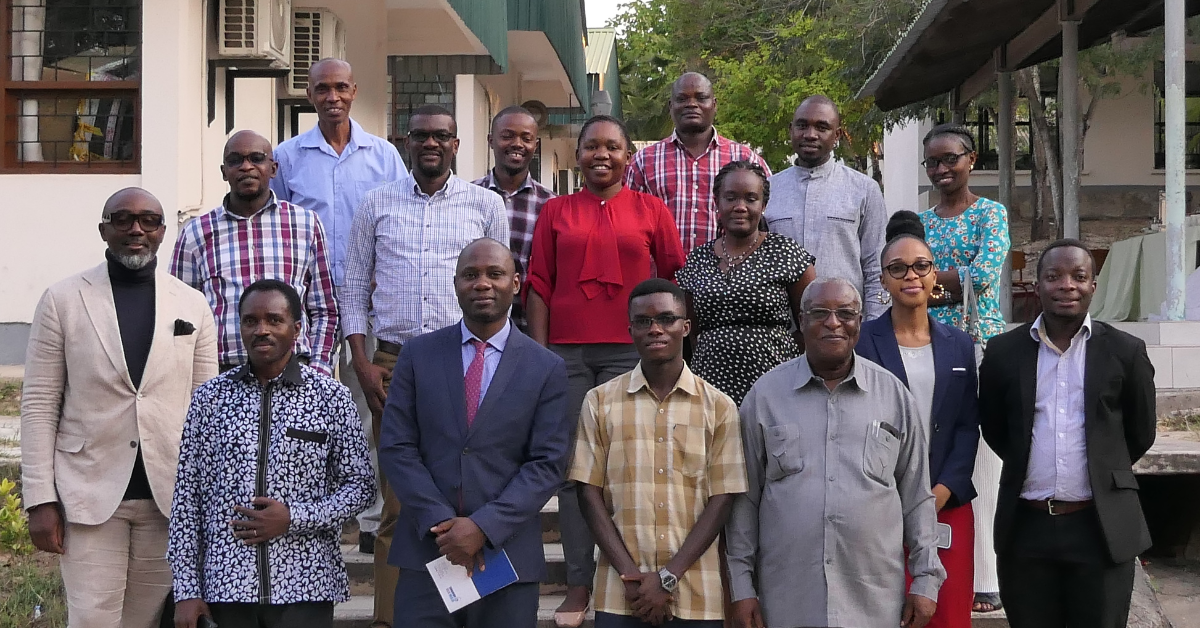
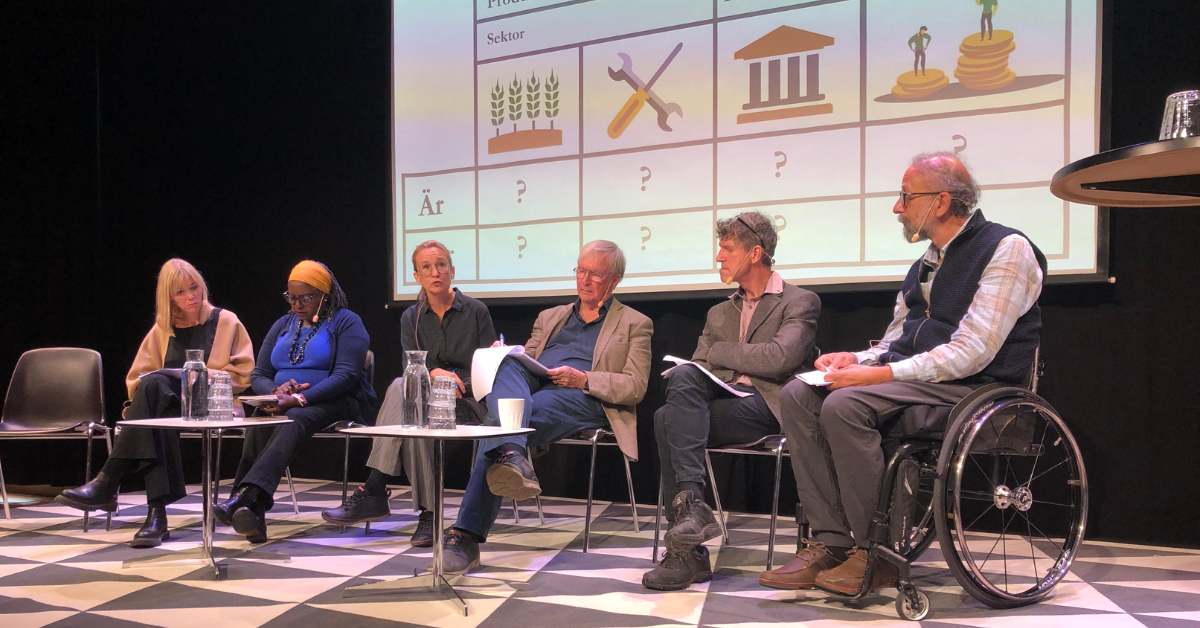


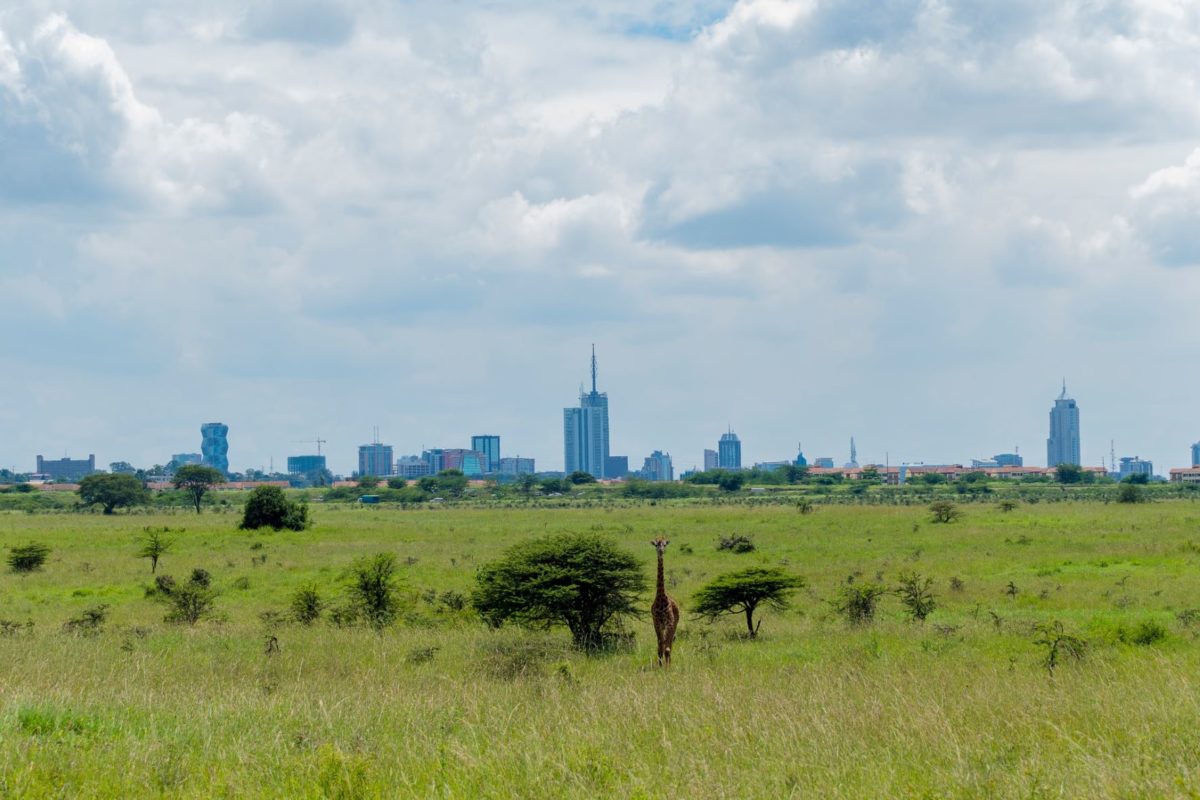
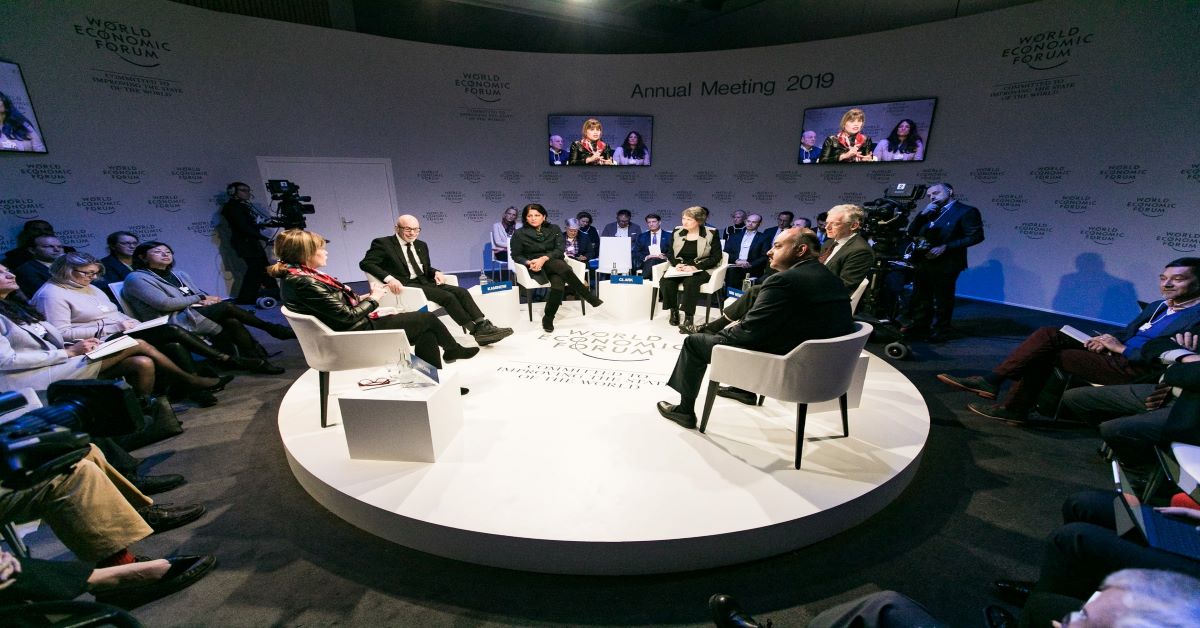
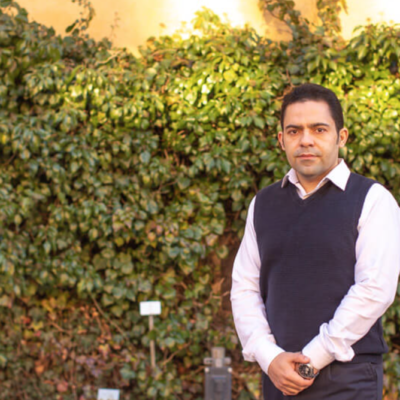
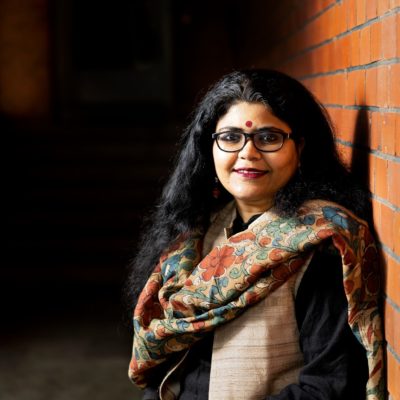
Recent Comments